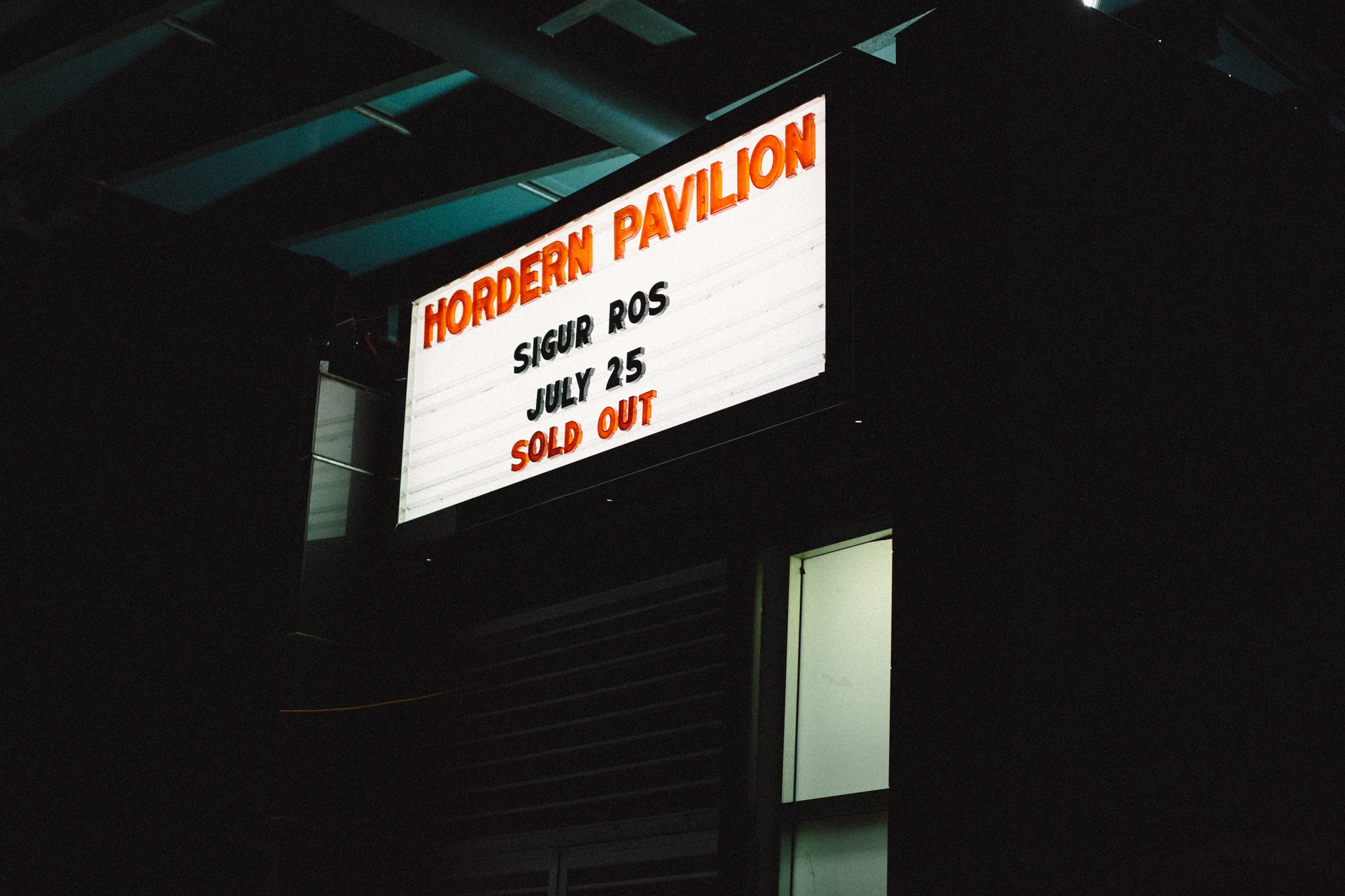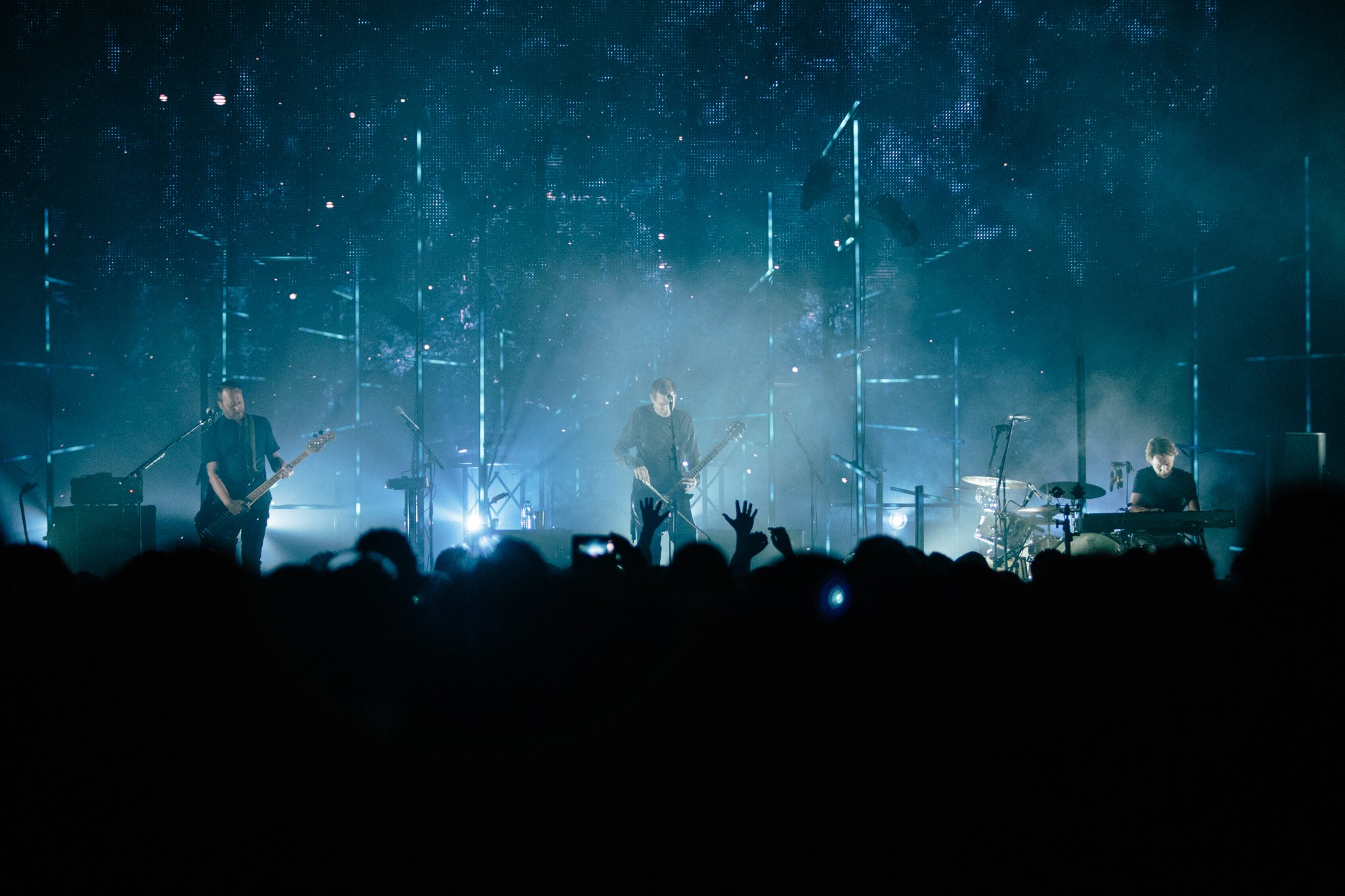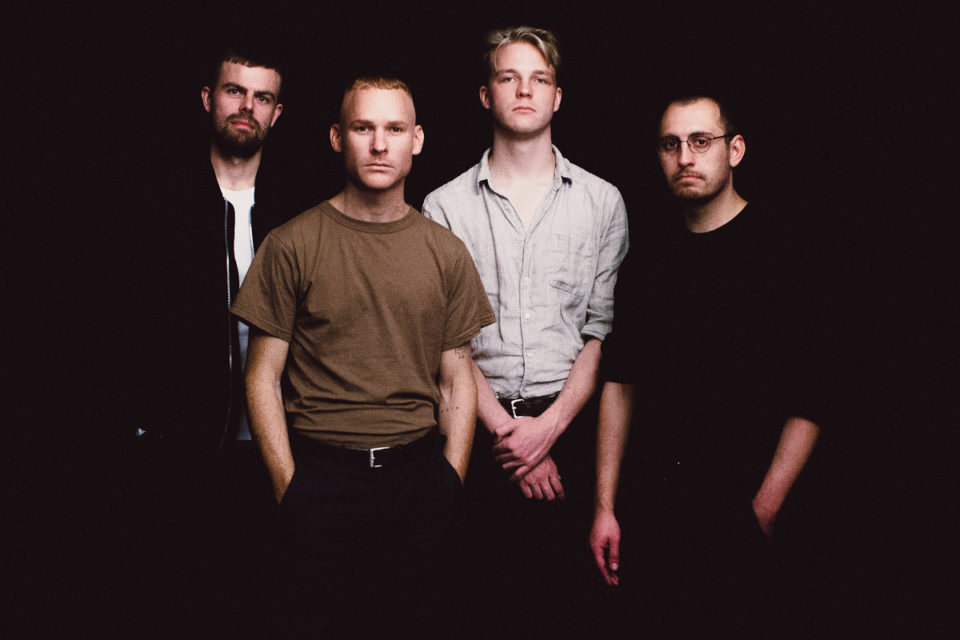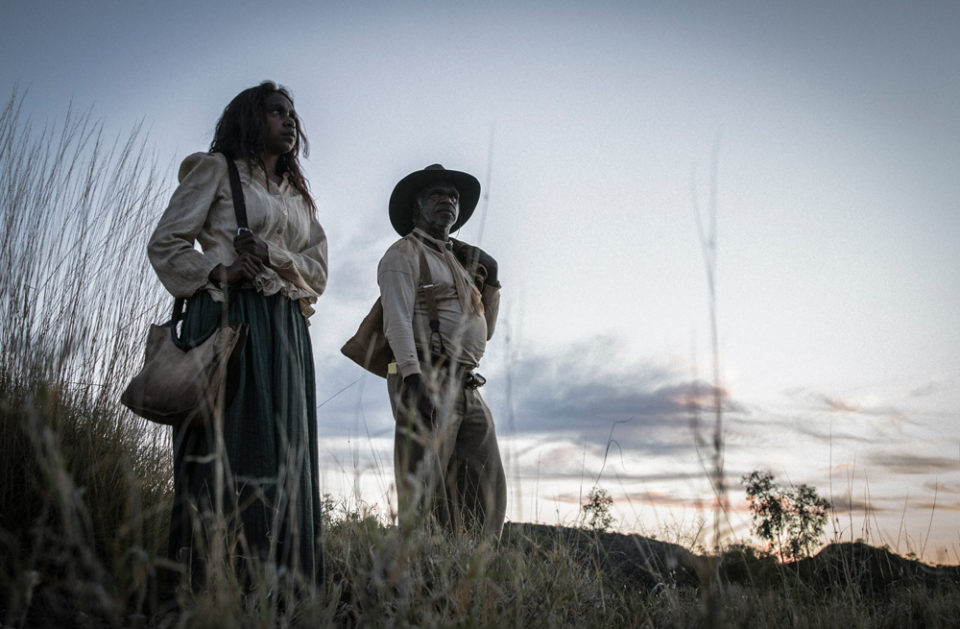Anyone who claims they were dry-eyed at Sigur Ros is just too embarrassed to admit how much they were crying. The crowd was both there, at the Hordern Pavilion on a Tuesday night, and not, having been teleported mentally elsewhere by the Icelandic post-rockers.

Image courtesy of Secret Sounds/Mikki Gomez
Over two hours the band played fifteen songs, split across two distinct acts and following a set-list arranged to trace their musical evolution since forming in Reykjavík in 1994. If you’ve ever listened to one of their records you will know they are written to be heard from start to finish. Sigur Ros applied this same journeying philosophy to their live show.
They opened with ‘Á’, a so far unreleased track that immediately arrested the audience as a lightshow of grey and wispy chrome erupted behind the band, conveying both a stormy night and the deep sea at once.
It’s a rare thing to witness a crowd so still, especially at a sold-out show at the Hordern. And yet there was pin-drop stillness between songs – an audience stunned, emerging from waking dreams.
‘Ekki Múkk’ from their 2012 album Valtari proved something I’d long wondered: Sigur Ros sounds infinitely better live. Frontman Jónsi’s falsettos were given the spotlight, accompanied by remotely delivered, melancholic piano chords – the ghost of their former keyboardist Kjartan Sveinsson, who left the band in 2013, not long after Valtari’s release.
Considering the dimensions of sound they produce, you wouldn’t think they’re now a three-piece comprised of Jónsi Birgisson (guitar and vocals), Goggi Hólm (bass guitar and keyboard), and Orri Páll Dyrason (drums). Although their seven studio albums are conceptually and melodically spectacular, a record just doesn’t capture the live contrasts between moments of minimalism and prettiness and their ability to explode into post-rock walls of noise. Nor does a record do justice to Jónsi’s voice. Even during the more demanding songs he didn’t falter. The result was chilling, wistful, spiritualised.
Although Jónsi sings in Icelandic, some songs are sung in Vonlenska, translated as ‘Hopelandic’ in English. Hopelandic is a language invented by the band that is non-literal and uses non-lexical vocables, thereby following similar principles to jazz scat singers. A good way to think of it is like the Icelandic equivalent of la-dee-da and doo-wop. It enables Jónsi to use his voice as another instrument rather than a way to prescribe meaning. It’s easy to stretch this philosophy to Sigur Ros’ music in general: having been stripped of literalness it is open to whatever interpretation the listener imagines.
During the first act ‘E-Bow’ really dazzled, as bassist Goggi swapped his guitar pick for a bow, creating an echoing sliding effect underneath tribal-inspired drumming. Jónsi similarly uses a cello bow and plenty of echo and reverb effects on his own guitar. It’s a Sigur Ros signature that has defined their vibrating, ethereal sound without yet reaching any limits or formulaic excess. If anything the band are gaining in their command of abstracted vocal and musical landscapes.
The eight songs that composed their first act were nonetheless more restrained and available, focusing on the prettier picks from their discography. But after a 20-minute interlude, the band returned and performed songs such as ‘Kveikur’, reminding us they weren’t all shoegaze and melody. They plunged now into experimentation and the avant-garde, emphasizing Orri’s drum work and his use of grating electronic rhythms in tracks like ‘Óvedur’.
‘Popplagid’ from their parenthetic, language-defying, 2002 recording ( ) and crowd-pleasers like ‘Sæglópur’ from what is arguably their most popular album, 2005’s Takk, delivered the full array of their creative arsenal: bow guitar reverberating through the Hordern, intense cathedral pulses from Goggi’s bass, Jónsi’s Hopelandic silvery falsetto, and Orri’s gift for using the drums to create anticipation and release.
Sigur Ros managed to capture the atmosphere of Iceland whilst still meaning something personal to every listener. Their music is paradoxically grand, elusive and familiar. Testament to that fact was watching 5,500 people leave the Hordern Pavilion, newly awake and glowing.





